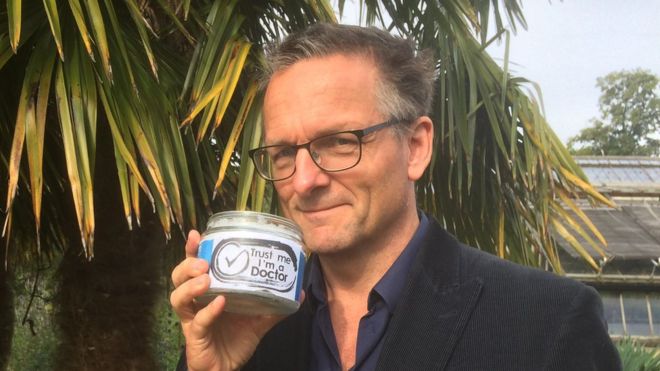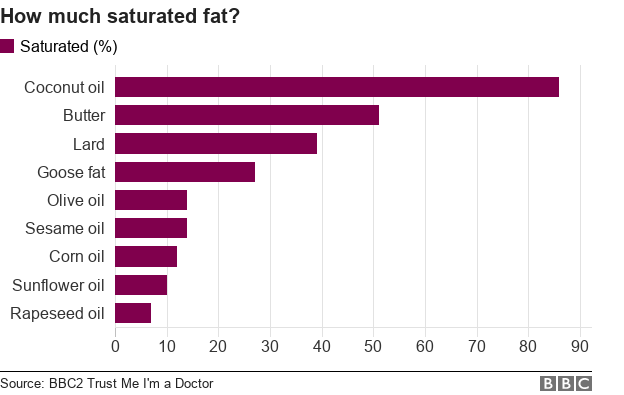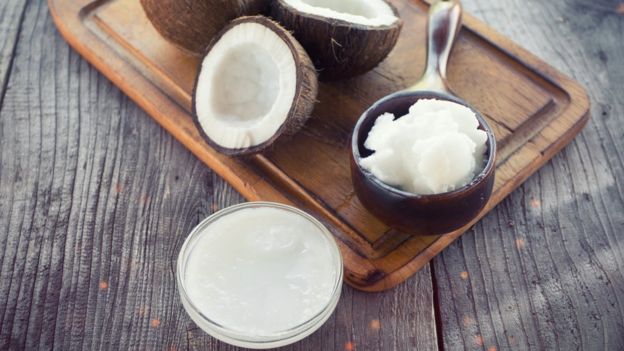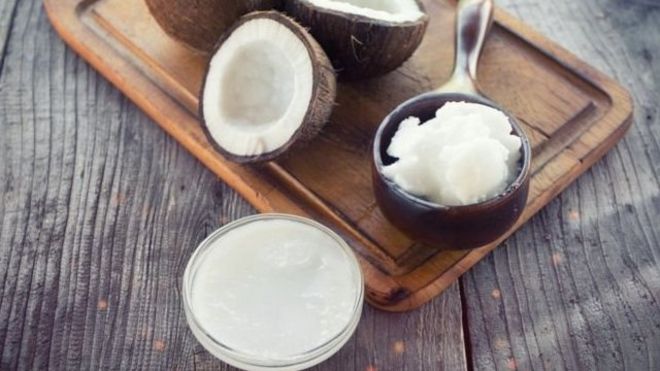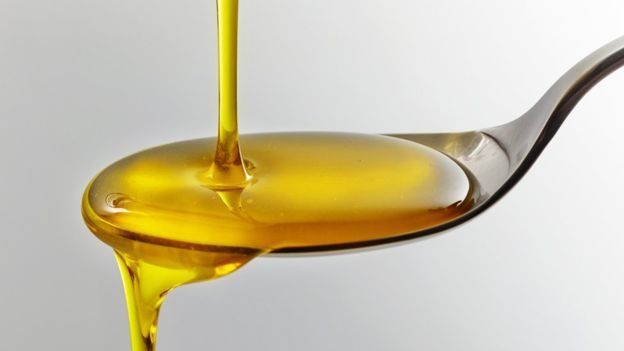BBC事實查核:塑料垃圾該焚燒還是掩埋
羅傑·哈拉賓(Roger Harrabin)BBC 環境事務分析員
2018年 2月 20日
......對那些很難循環再生的塑料垃圾,我們是燒呢,還是埋?
焚燒
「焚燒派」這麼說:塑料是從石油和天然氣提煉生產的,焚燒的時候會產生大量熱能。
乍看,把塑料垃圾放到焚燒爐裏燒,然後用產生的熱能來發電,似乎合情合理。
如果焚燒爐能把這個過程中剩餘的熱量搜集起來,用於辦公室和家庭供暖,利用效率豈非更高。
以這種方式焚燒塑料垃圾,目前在有些地方代替了燒煤或石油之類產生污染的燃料。
英國拉格比(Rugby)選區保守黨下院議員馬克·珀塞(Mark Pawsey)是議會包裝製造業跨黨派小組主席。他在下院表示,「廢物被用於產生熱能,讓我的選區裏的水泥廠得以生產水泥。
」我的感覺是,對包裝材料熱能價值的這種利用,遠勝於把它送到垃圾填埋場去。「
他的觀點得到此類焚燒爐的運營商的支持。他們的組織叫環境服務協會(Environmental Services Association,ESA)。
該協會會長雅各布·黑勒(Jacob Hayler)告訴我們:」通過焚燒來回收不可再生廢物的能量,要好過把它們送到垃圾填埋場。」
他援引政府文件,英國能源數據解析(Digest of UK Energy Statistics, DUKES)說,2016年「廢物能源」(Energy from Waste, EfW)消耗的垃圾相當於替代了250萬噸原始化石燃油。
黑勒說,總體而言,焚燒的溫室氣體排放量低於垃圾填埋。
這麼說,焚燒塑料很有道理。但是,事情並不那麼簡單。
因為,這些數據來自不分類的垃圾的焚燒,而不是光燒塑料。
普通家庭的生活垃圾在填埋場確實會產生溫室氣體,導致地球升溫,除非把這些填埋場氣體收集起來。
但這不適用於塑料,因為塑料是一種特別穩定的材料。它們不會在填埋場的地下分解,所以不會產生溫室氣體排放。
實際上,「掩埋派」也是振振有詞。
 PA
PA「掩埋派」
焚燒塑料會產生有毒有害氣體,如果焚燒爐效率不高,這些氣體會進入環境。據信現代焚燒爐基本上解決了這個問題。
但是,氣候變化也是需要考慮的一個問題。
據諮詢公司 Eunomia 計算,在用於發電的焚燒爐裏燒塑料,產生熱能的效率是25%,而新型燃氣火電站的效率是55%。
該公司的多米尼克·霍格(Dominic Hogg)告訴BBC:「在燒煤發電逐漸淘汰後,焚燒未分類垃圾發電將成為碳排放密度最高的發電方式。
」如果政府希望減少碳排放,那(燒垃圾)就沒有道理,除非政府採取激進的措施來減少未分類垃圾中的塑料數量。「
環保組織還擔心,如果因為中國拒收洋塑料垃圾導致塑料垃圾增多,而英國必須建更多的焚燒爐來應對,那會製造出新的需求:本來應該循環再生的塑料廢物也被用來餵焚燒爐。
英國政府似乎被這一派觀點說服了。環境部次長特蕾西·科菲(Therese Coffey)在議會下院聲明:」從環境的角度考慮,一般而言埋塑料比燒塑料好。「
攔截碳排放
確實,我們可以再進一步,來論證把塑料垃圾埋在填埋場是一種成本低廉的碳捕集和儲存方式。
數十年來,政府一直在承諾要開發能夠搜集火電站碳排放並將它們注入地下岩層的發電廠。
掩埋塑料也能取得同樣的效果,把不需要的碳鎖住,而成本卻只是一個零頭。
英國綠色和平組織的艾麗娜·珀麗薩諾(Elena Polisano)對此勉強表示同意。
她告訴BBC:「我們應該做的是,按這個順序,減少、重覆利用、循環再生。
」到了需要決定垃圾該焚燒還是掩埋的階段,我們應該已經是失敗多次了。
「但是,跟任由這些失敗以有毒氣體的形式在大氣中擴散相比,控制失敗還是更安全。」
這個問題看上去很學術,但對於英國政府卻很實際,尤其是因為環境大臣正在凖備新的垃圾處理計劃,而且還聲稱英國必須「停止離岸處理垃圾」。
